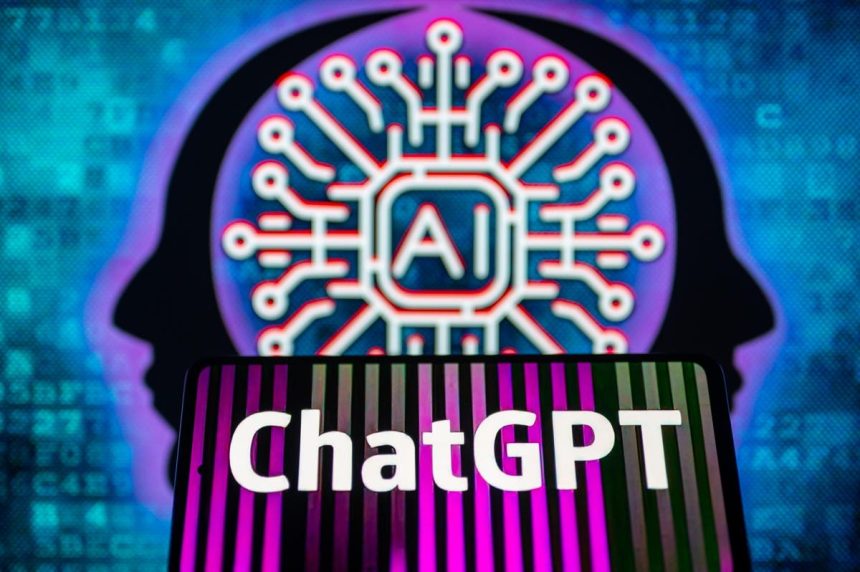Is ChatGPT the answer to the perfect MBA admissions essay? Or will the admissions committee cry “Plagiarism!” and reject your application out of hand?
A surprisingly positive stance
MBA admissions offices are at different stages of thinking about the use of ChatGPT and other variations of generative artificial intelligence (AI). In an atmosphere of uncertainty and suspicion, Imperial College Business School in London plants the flag.
“Imperial is a STEMB institution at heart and the Business School sits at that intersection between technology and business. Innovation is part of our DNA, and we embrace technological change, in how we recruit, teach, and engage with our students. We are forward looking and see AI as a change that we should work with, champion, and embrace, rather than push back or put defences up against.”
This surprising statement comes from recent correspondence with Aram Karakashian, Executive Director of Marketing, Recruitment and Admissions at Imperial College Business School. Unlike those who seek to contain the new technology, he sees the increasingly widespread use of AI as inevitable.
“Generative AI is only going to become more embedded in how the world works over the coming years. Microsoft is already building it into their Office suite, so it will soon be at every candidate’s fingertip – if it isn’t already – and its use will become the norm.”
And yet universities across the United States, from Harvard to Stanford, are revisiting their Honor Codes. As reported in The Harvard Crimson, “This semester, many instructors at Harvard prohibited students from using ChatGPT, treating it like any other form of academic dishonesty. Explicit bans on ChatGPT became widespread, greeting students on syllabi for classes across departments, from Philosophy to Neuroscience.” Entire school districts in New York and Los Angeles initially banned the use of ChatGPT. How can MBA admissions at Imperial College London be so sanguine about the use of AI?
But perhaps it doesn’t matter what tools are used to create the MBA application essay, as long as the resulting text gives us an accurate and convincing portrait of the applicant. “We are seeking to get to know candidates and assess whether they are the right fit for our programmes and institutions,” says Karakashian. “I’m interested to see how an individual puts that across throughout the application and brings it to life. If generative AI can help them do that, then they should, much how they might use spellcheck or a second reviewer.”
A note of caution
Some MBA programs already use software to detect plagiarism, in the classic sense of the use of someone else’s words without attribution in the application essay. Some programs verify the IP address from which an application or a letter of recommendation was sent. To date, however, no MBA program has announced that it will use AI-detection software to disqualify an application.
Nevertheless, some programs would like to nudge applicants to avoid using ChatGPT to crank out a generic essay. Charlotte Russell-Green, Head of MBA Recruitment & Admissions at Cambridge Judge Business School of the University of Cambridge said in a conversation on LinkedIn, “We’ve tweaked our essay questions this year to ensure our applicants are answering using specific, personal examples, such as telling us about a time they made a professional mistake and what they learnt from it.”
Other schools are leaning in to the video essay or the interview. “This is why we place so much value on the interview,” says Karakashian, “as this gives us an opportunity to have that human assessment and interaction. Interviews are used to deep dive into areas of an individual’s motivation, aspirations and experiences and can go in many different directions depending on a candidate’s answers. We are able to use the interview to determine the true individual and whether their application is who they say they are.”
A terrible application essay
If you have used ChatGPT, you know that this form of generative AI excels at typing out grammatically impeccable, perfectly spelled sentences and carefully arranged paragraphs that are breathtakingly boring. You will not need to worry whether the admissions officers have sophisticated technology to detect that your essay was written by an AI, because no human being could be this devoid of personality.
The solution lies with you. Whether you learn to write better ChatGPT prompts or type in the details yourself, you must bring your essay to life.
We can’t put the genie back in the bottle
“I think the next application cycle will be very interesting as these tools have exploded into the public consciousness over the last six months,” says Karakashian. “I fully expect to read essays and applications that have used technology to craft the best application possible – thinking candidates won’t is to ignore the past six months. It will drive us to glean more from interviews and get underneath an application to assess the true individual. If they’ve made intelligent use of modern technologies to make the best presentation of themselves, then that’s a skill; if they’ve used it to present a false image of themselves, that will become apparent.”
As with all technology, it is up to us to use it wisely.
Read the full article here










